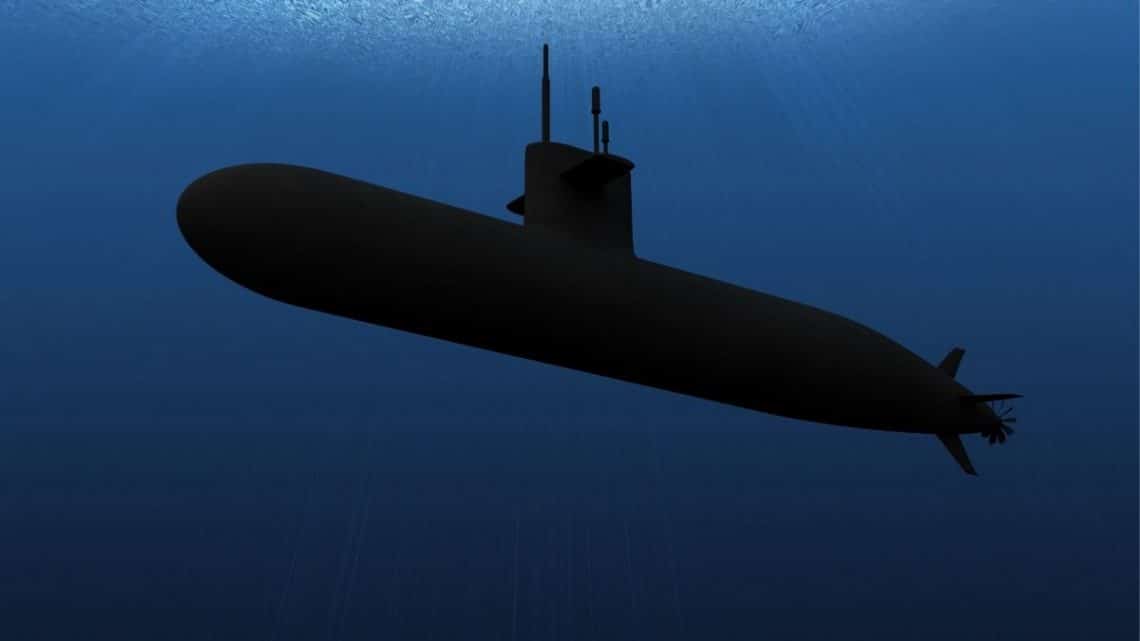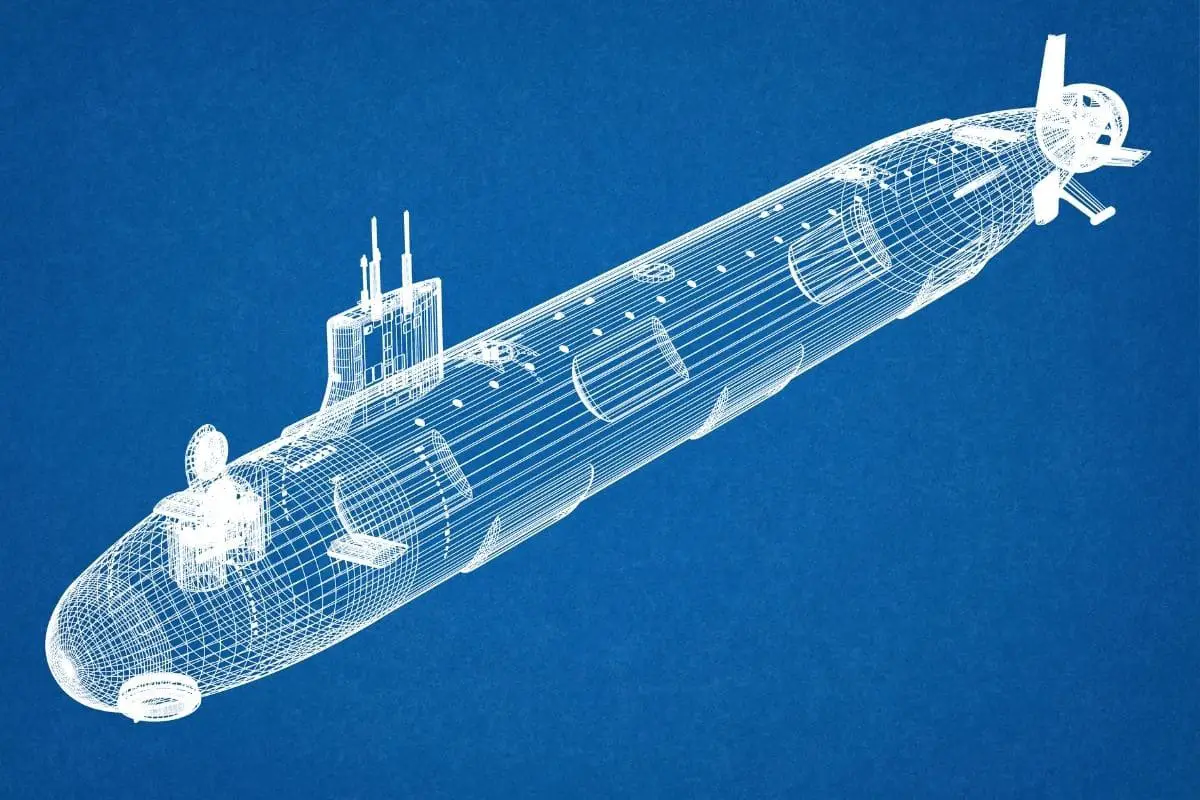
ADD develops new submarine hydrogen fuel cell technology
February 28, 2022The South Korean defense tech development agency has created a new form of methanol reforming plant.
The Agency for Defense Development (ADD) in South Korea has developed a new submarine hydrogen fuel cell technology using methanol reforming.
The tech has the potential to boost submarine performance using high-purity hydrogen.
The hydrogen used by the submarine fuel cell technology would be produced using methanol reforming within the vessel itself. Fuel cells in submarines use high-purity H2 to boost the amount of time they can spend underwater. A propulsion system powered in this way and that is air-independent can therefore raise a vessel’s diving depth, endurance underwater and efficiency as a whole.
Traditionally speaking, hydrogen is provided to submarines using metal hydride cylinders. The H2 is produced elsewhere and is stored in the cylinders that are then loaded into the sub. As this requires separate facilities for the hydrogen production and refueling into the cylinders, there is a notable additional time requirement.

An air-independent propulsion (AIP) system with fuel cell technology can boost submarine efficiency.
AIP systems can improve a diesel-electric submarine’s performance and shrink its vulnerability. Methane reforming involves altering the chemical structure of that fuel so that the desired hydrogen can be extracted. Submarines using that tech wouldn’t require an additional refueling facility and would require less time for fueling.
The ADD explained that its methanol reforming plant tech can play a central role in establishing a hydrogen economy by expanding the availability of the tech to industrial fuel cells or private ships powered by H2.
Methanol is rapidly becoming a promising new clean burning fuel. It differs from natural gas’ requirement for cryogenic temperatures and high-pressure storage. Instead, both storing and transporting methanol is easier, as it requires regular atmospheric pressure and room temperature. The main challenge associated with it is that it is an alcohol, which will corrode certain metals.
The ADD worked with Daewoo Shipbuilding & Marine Engineering (DSME) to develop the submarine hydrogen fuel cell technology. They worked together to bring about the new tech which produces a high purity H2 to power submarines using methanol and water.



 With over 15 years of reporting hydrogen news, we are your premier source for the latest updates and insights in hydrogen and renewable energy.
With over 15 years of reporting hydrogen news, we are your premier source for the latest updates and insights in hydrogen and renewable energy.
I find this article is vey confusing; am I alone? It talks about methanol (CH3OH) reforming to produce hydrogen (H2) and immediately refers to methane (CH4) reforming which is the classic source of hydrogen production with steam that produces large amounts of carbon dioxide (CO2) (9.3 kgs CO2 for every 1kg of H2). Whatever the technology used to produce the H2 what happens to the CO2? If the hydrogen is stored in cylinders of metal hydrides, when it is combined with oxygen in a fuel cell to produce electricity for propulsion, where does the oxygen come from?
What is new in that? In Spain, Hynergreen designed an ethanol reforming fuel cell long ago. The CO2 is absorbed in water and let out.